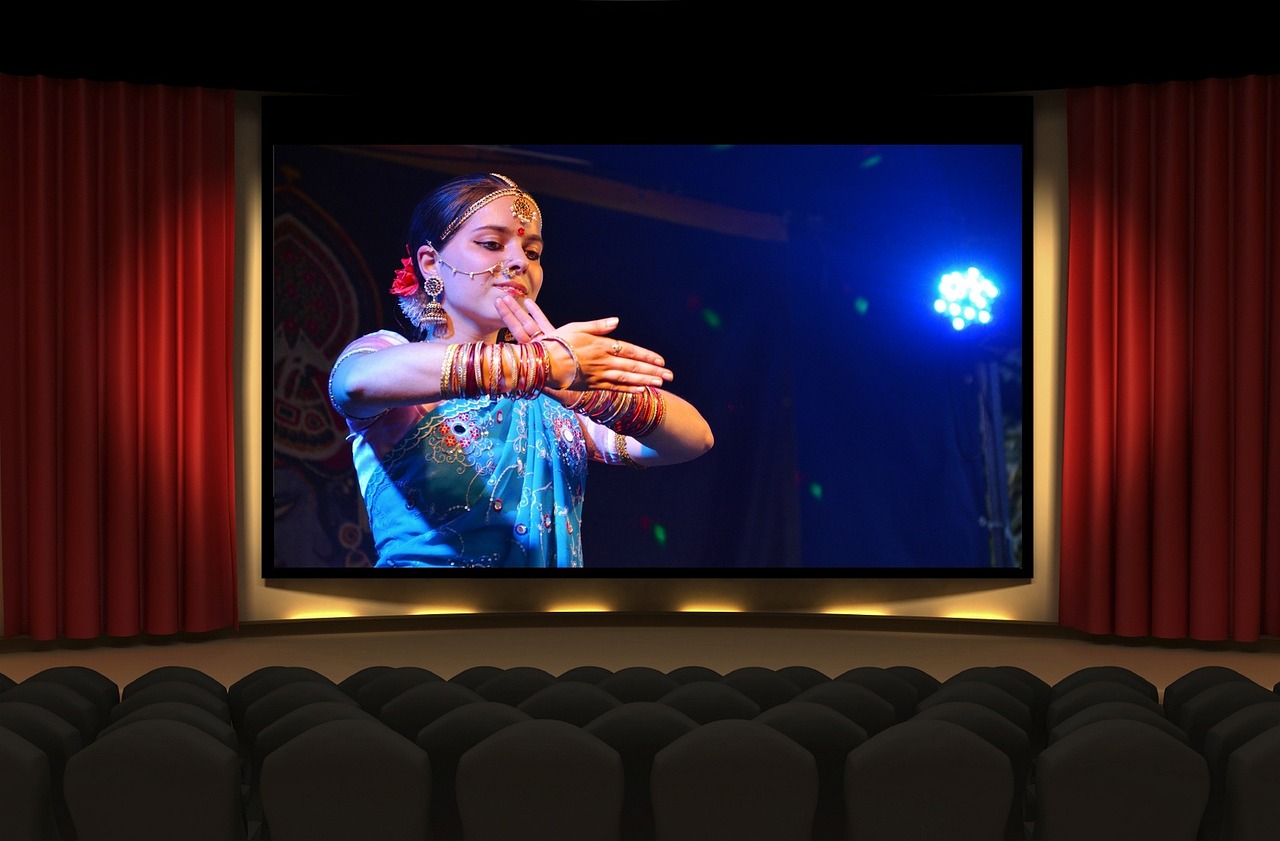1. Immersive Technologies:
The integration of immersive technologies like Virtual Reality (VR), Augmented Reality (AR), and Mixed Reality (MR) is expected to revolutionize the cinematic experience. These technologies will enable audiences to engage with films in entirely new ways, offering a more interactive and immersive experience. Imagine watching a movie where you can step into the world of the characters, explore the environment, and interact with the storyline. This shift could lead to the development of new genres and storytelling techniques that are currently unimaginable.
2. Personalized Content:
With the rise of artificial intelligence (AI) and machine learning, the future of cinema could see a move towards highly personalized content. Streaming platforms already use algorithms to recommend films based on viewing habits, but the future might take this further by creating custom-tailored films or alternate endings based on an individual’s preferences. This could enhance viewer engagement and create a more intimate connection between the audience and the content.
3. Streaming Dominance:
The dominance of streaming services is likely to continue, with traditional theatrical releases becoming less central to a film’s success. While cinemas will still play a role, especially for blockbuster films and shared viewing experiences, the convenience and accessibility of streaming platforms will drive more direct-to-digital releases. This trend is further accelerated by the global reach of platforms like Netflix, Amazon Prime, and Disney+, which allow films to reach a worldwide audience instantly.
4. Globalization of Cinema:
The future of cinema will also be marked by increased globalization. With the rise of streaming platforms, films from various countries and cultures are now accessible to a global audience. This cross-cultural exchange will likely lead to more collaborative projects between filmmakers from different parts of the world, resulting in diverse and inclusive storytelling that resonates with a wider audience.
5. Sustainable Filmmaking:
As environmental concerns become more pressing, the film industry is likely to adopt more sustainable practices. This could include everything from reducing the carbon footprint of film production to using eco-friendly materials in set design. The push for sustainability may also influence the types of stories being told, with more films focusing on environmental issues and the impact of climate change.
6. Interactive and Participatory Cinema:
The future could also see the rise of interactive cinema, where audiences can influence the outcome of a film in real-time. This concept has already been explored in experiments like Netflix’s “Black Mirror: Bandersnatch,” where viewers could make choices that affected the storyline. As technology advances, this form of storytelling could become more sophisticated, offering multiple narrative paths and deeper audience engagement.
7. Theatrical Innovations:
Despite the rise of digital platforms, cinemas are expected to innovate to remain relevant. Future movie theaters might offer enhanced viewing experiences with technologies like 4D, which adds physical effects (such as motion and scents) to the viewing experience. Additionally, luxury cinemas with high-end amenities, exclusive screenings, and interactive elements could attract audiences seeking a premium experience.
8. AI-Generated Content:
Artificial intelligence is likely to play a larger role in content creation, from scriptwriting to visual effects. AI could assist filmmakers in developing complex visual effects, generating lifelike CGI characters, or even creating entire scenes. This could reduce production costs and time, allowing for more ambitious projects. However, it also raises questions about the role of human creativity in the filmmaking process.

